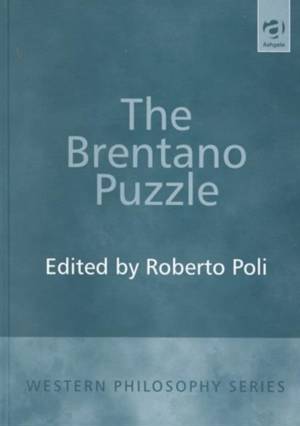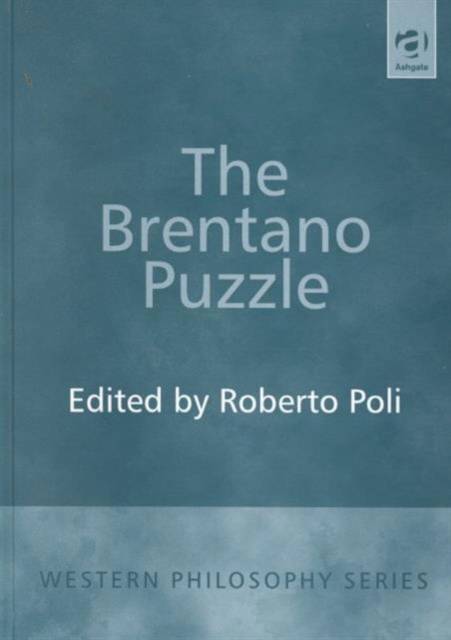
- Afhalen na 1 uur in een winkel met voorraad
- Gratis thuislevering in België vanaf € 30
- Ruim aanbod met 7 miljoen producten
- Afhalen na 1 uur in een winkel met voorraad
- Gratis thuislevering in België vanaf € 30
- Ruim aanbod met 7 miljoen producten
Zoeken
Omschrijving
Even if the width and the depth of Brentano's intellectual legacy are now quite well known, those asked to list the principal philosophers of the 19th century, very rarely do mention his name. We may call this puzzle the problem of Brentano's 'invisibility'. One component of the Brentano's puzzle is that a number of Brentano's outstanding pupils achieved their own success and founded their own schools. Suffice to mention Husserl's phenomenology, Twardowski's Lvov-Warsaw school and Meinong's Graz school. The personal success and academic recognition attained by these exponents of Brentano's school (in the broad sense) have come to obscure their common origins. The oblivion into which Franz Brentano's thought fell was in part due also to the subsequent split between analytic philosophy and phenomenology. The book reconstructs elements of the 'map' of the Brentanists, revitalizing knowledge of the theoretical complexity of their debates, of their unitariness, and of their style. Last but not least, analyses of the relevance of those discussions for contemporary philosophical and scientific debate are also considered.
Specificaties
Betrokkenen
- Uitgeverij:
Inhoud
- Aantal bladzijden:
- 236
- Taal:
- Engels
- Reeks:
Eigenschappen
- Productcode (EAN):
- 9781840143713
- Verschijningsdatum:
- 3/08/1998
- Uitvoering:
- Hardcover
- Formaat:
- Genaaid
- Afmetingen:
- 152 mm x 219 mm
- Gewicht:
- 467 g

Alleen bij Standaard Boekhandel
+ 364 punten op je klantenkaart van Standaard Boekhandel
Beoordelingen
We publiceren alleen reviews die voldoen aan de voorwaarden voor reviews. Bekijk onze voorwaarden voor reviews.










